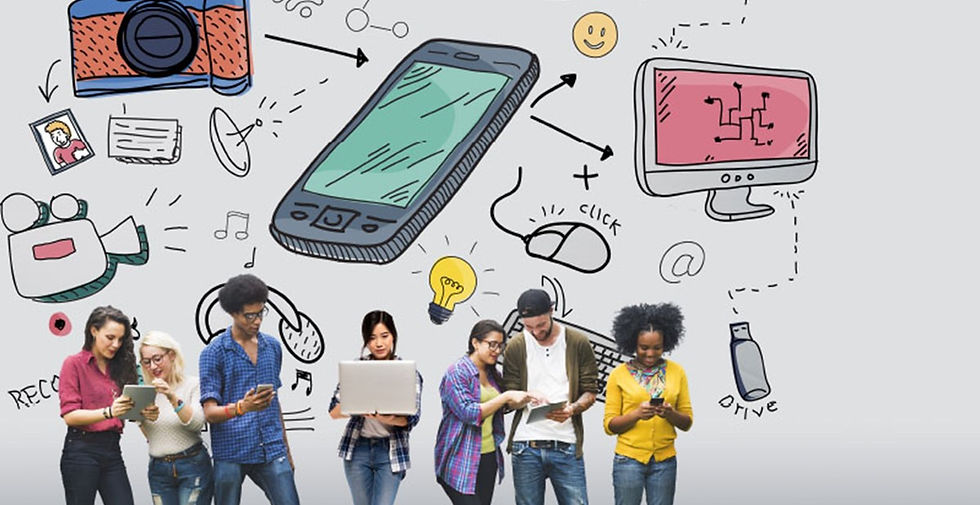
COVID has necessarily caused us to be distant. Even now when I bump into someone in public who I have not seen in a while who I normally would have greeted warmly, I instinctively put my hand up if they reach to come closer. I don’t even “air kiss” those I might have before COVID.
As a judge, my position required me to not give the appearance of any favoritism to anyone or anything. I just told a dear friend that it was difficult not to recommend even a nail tech as someone might give greater credence to a recommendation from a judge. Someone who is new to my COVID limited social life recently said she respects my opinion and my recommendations. My thoughts immediately went to the admonitions at Judges’ College that this would happen in our personal lives as judges, even former judges. Though, now as a retired judge, I know the consequences that would have inured to me in my professional capacity no longer exist, but, I cannot help thinking it. I knew that giving up my First Amendment right to free speech was voluntary, but it is no less difficult in living life. In any public setting, including an evening with acquaintances, I was still at “work,” having to watch my words and my behavior.
After living a constrained life for twenty years, building an invisible wall to the world, it is now part of me. Long lived patterns are hard to end. I learned and always felt people were being complementary and nice because I was a judge, not because they actually felt that way. My job was not to be liked but to be fair and impartial. I kept my circle very small, those I could trust would not be my friend just because I was a judge. Those with whom I could feel “safe” to share my life were my closest confidants, and still are.
Now, after retirement, and retirement that coincided with the years of COVID, I find that I miss the randomness of seeing and catching up with people when out and about. I miss the larger circle of those who were casual friends and acquaintances. I think about those whose company I enjoyed who I cannot bump into. I wonder if reaching out is ridiculous or will be viewed as inappropriate.
Thank goodness for The New York Times Article, “Text Your Friends, It Really Matters,” by Catherine Pearson, July 26, 2022. Share The title includes “[s]tudies show that even when it is brief, communication has a positive social impact.” The author reviews three recent studies on relationships.
The first study referred to, “The Surprise of Reaching Out: Appreciated More than We Think,” is published in the Journal of Personality and Social Psychology, July 13, 2022, by Dr. Peggy Linn, Ben L. Fryrear Chair in Marketing and an associate professor with the University of Pittsburgh Katz Graduate School of Business. Dr. Linn’s abstract includes a finding of “a robust underestimation of how much other people appreciate being reached out to. . . .[a] finding that it is magnified when the reach-out context is more surprising: when it occurs within a surprising (vs. unsurprising) context for the recipient and when it occurs between more socially distant (vs. socially close) others.”
Ms. Pearson cites a second study, published July 1, 2022, in The American Journal of Geriatric Psychiatry by Dr Gabrielle Pfund, titled,”Being Social May Be Purposeful in Older Adulthood: A Measurement Burst Design,” when Dr. Pfund was with a team at Washington University in St. Louis. Ms. Pearson reported that the findings “emphasized the power of small moments of connection.” Dr. Pfund’s study’s findings include, “In general, older adults who have better social interactions are more purposeful, and on days in which they have better social interactions than [they] normally do, they also feel more purposeful than they normally do. This effect is particularly strong for older adults who are no longer working.”
Ms. Pearson next cites a book, “Platonic: How The Science of Attachment Can Help You Make — and Keep Friends,” by Marisa Franco, a psychologist and assistant clinical professor at the University of Maryland, to be published by G.P. Putnam’s Sons (September 6, 2022). Her findings, as reported by Ms. Pearson, are also significant:
“People … tend to be hardwired to assume our friends and acquaintances won’t be as open to us as we would like….”
“…[M]any people feel awkward reaching out due to a phenomenon known as the “liking gap,’ or the tendency to underestimate how well liked we really are.”
“People may also hold themselves back because of a similar phenomenon known as the “beautiful mess effect,” which suggests that when we are vulnerable with others, we worry we will be judged harshly…. [T]hat kind of negativity…can have an impact on how we behave and interact.”
JUDGED. I am fairly new to Facebook and Instagram (connected by grandchildren, of course), as social media was discouraged when I was in my government position. I blame COVID, which I still believe is a major cause of our social disconnect, but my horizons have been expanded by Ms. Pearson’s connecting me to the psychological studies and work of professionals in the field of relationships.
I must admit, as a Boomer, I fall in the older age group discussed in one of the studies and
not getting younger. I will take the following, quoted in the New York Times article, as a mantra:
“[We] need to connect with others on a daily basis…. Friendship [is] an important component of personal health, even if reaching out sometimes feels awkward or time-consuming.”
A good day to start is Saturday, July 30, the International Day of Friendship.
Joy,
Mema


Comments